Chinese medical aid to Africa benefits local people
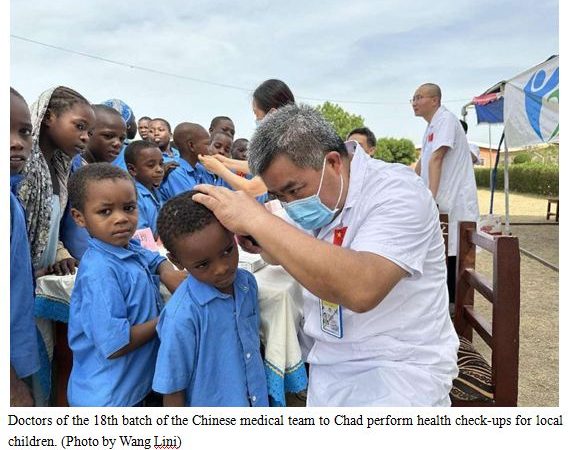
By Yang Yanfan, People’s Daily
This year marks the 60th anniversary of China sending the first international medical aid team. Over the years, members of China’s medical aid teams, though facing various difficulties and hardships, have safeguarded the health of local people with compassion and excellent skills, and helped advance local medical conditions. Their dedication and service have earned them widespread praise and admiration.
Wang Zhenchang, vice-president of Beijing Friendship Hospital, was head of the 24th batch of Chinese medical team sent to Guinea from 2014 to 2016 when the country was hit by an Ebola outbreak.
“I was both scared and worried, but it also brought a sense of honor and accomplishment,” said Wang.
Faced with the Ebola epidemic, not a single member of the medical team backed down. Upon arrival, they conducted research, analysis, and provided specific assistance in Ebola prevention and control. The Guinean government highly praised the entire medical team and the Chinese Ebola prevention and control group. The Chinese medical team was awarded Guinean National Order of Merit, Cooperation and Development Medal.
Liu Chun, chief physician at the Affiliated Hospital of Changchun University of Chinese Medicine, noted that Traditional Chinese Medicine (TCM) is a distinctive feature of the Chinese medical team in Kuwait. Between 1999 and 2010, she was sent to Kuwait three times for medical aid, during which she treated over 6,000 patients.
“When I first arrived in Kuwait, the locals had little knowledge of acupuncture, and they were skeptical that such small silver needles could treat diseases,” said Liu.
Later, the medical team promoted TCM treatment methods such as acupuncture, cupping, and acupoint application, which have traditional Chinese characteristics. Through word of mouth from patients who became friends of Chinese doctors and TCM enthusiasts after their treatment, more and more people started coming to the TCM clinic for medical consultations.
Zhu Huifang, the head of the nursing department at Huzhou Hospital of Traditional Chinese Medicine in Zhejiang province, joined in two medical missions abroad. She has worked for a total of three and a half years at the China-aided Friendship Hospital in Central African Republic and a hospital in Mali. She was affectionately called “Chinese Mom” by African children.
Once, a 16-year-old Malian boy had a car accident on his way to school, resulting in a cervical spine injury with spinal cord damage. The boy loves Chinese martial arts and sports, but he could only lie in bed because of the accident.
Zhu, along with Malian nurses, cleaned the boy’s wounds and changed his dressings. Every day, she would spend some extra time by his bedside, encouraging him to regain confidence in recovery. After two and a half months, his condition improved and his mood also got better.
“When the boy came back to the hospital for a follow-up visit once, he happened to be interviewed by a media outlet. He looked straight into the camera and said, ‘This is my Chinese mom.’ We are still in touch today, and he has now become a university student in Mali,” Zhu told People’s Daily.
“When shy African children went from being strangers who were afraid to talk to me to becoming familiar and even snuggling in my arms calling mama, I feel both relieved and a strong sense of responsibility,” Zhu said.
Mei Xueqian, deputy chief physician of the cardiothoracic surgery department at the People’s Hospital of Anyang City in central China’s Henan province, is the son of Mei Gengnian, the head of the first Chinese medical team sent to assist Ethiopia, who sacrificed his life on Aug. 11, 1975 during his mission in the African country and buried there.
“In Africa, my father treated many African patients with his expertise and received praise and recognition from the local government,” Mei Xueqian said. This inspired Mei Xueqian himself to become a member of the 10th Chinese medical team to Ethiopia.
“For me, I have the desire to fulfill my father’s unfinished mission. As a doctor, I also want to serve the local people in Ethiopia,” he remarked.
“To truly improve the local medical level, it is not only about ‘providing fish’ but also ‘teaching people how to fish,'” said Wu Dexi, deputy chief physician of the cardiologydepartment at the First Affiliated Hospital of Sun Yat-sen University and a member of the second, third, and fourth Chinese medical teams sent to the Commonwealth of Dominica.
At the China-Dominica Friendship Hospital, Wu has conducted multiple cardiovascular-related lectures, clinical teaching rounds, and multidisciplinary case discussions. He demonstrated and taught new techniques, enabling local doctors to master new technologies, knowledge, and concepts.
Additionally, he has actively promoted the local development of medical disciplines according to the local context, resulting in the establishment of the first cardiovascular department in the country. His efforts have also facilitated the implementation of multiple cooperation projects between China and the Commonwealth of Dominica.
“Many patients and their families have become good friends of mine. ‘Though countries have borders, doctors should know no boundaries.’ This precious and unforgettable experience has given me a deeper understanding of the responsibilities and mission of being a doctor. I will continue to uphold my original intention and safeguard the health of the people, so as to make new contributions in promoting cooperation and exchange in the healthcare field between China and the Commonwealth of Dominica,” said Wu.
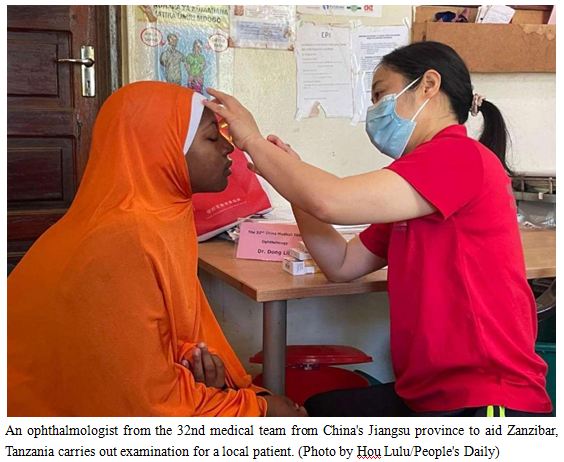
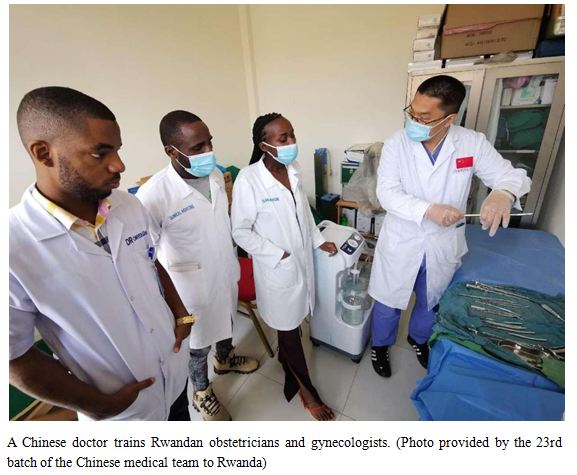
Related News
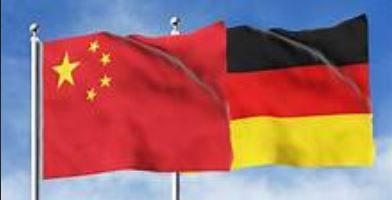
China wants ‘new level’ in Germany ties, Beijing’s FM tells Merz
MUNICH, FEB 15: China’s top diplomat Wang Yi told German Chancellor Friedrich Merz that BeijingRead More
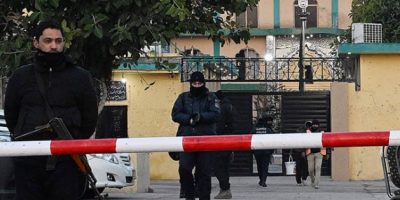
China condemns Islamabad imambargah attack, pledges support for Pakistan
BEIJING: China on Sunday condemned an attack on a mosque in Islamabad, pledging support forRead More


Comments are Closed